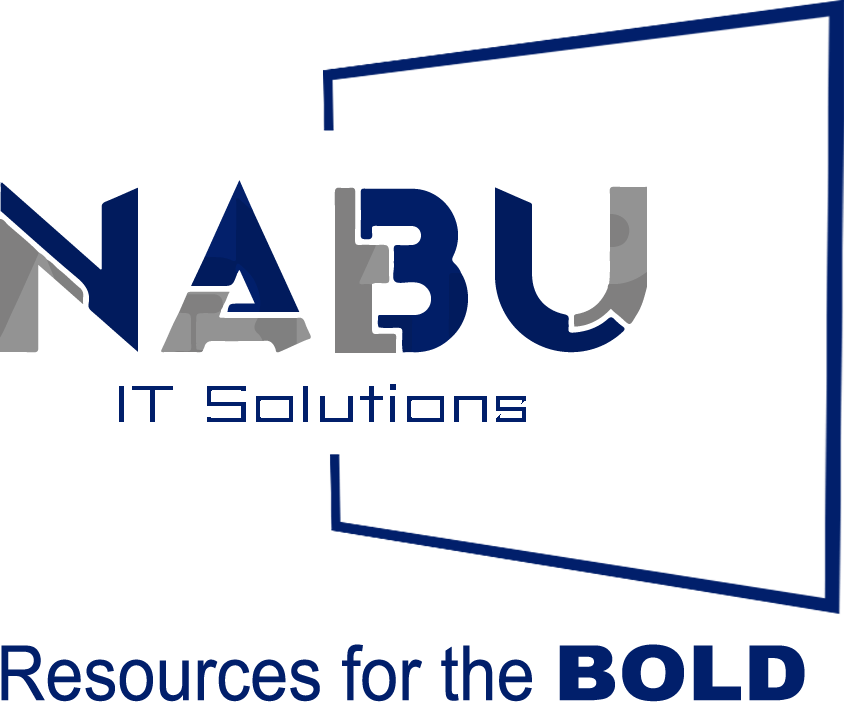Introduction:
In the digital world, where connectivity and integration are paramount, Application Programming Interfaces (APIs) and Software Development Kits (SDKs) play pivotal roles in facilitating seamless interactions between various software applications and platforms. Understanding the nuances between APIs and SDKs is crucial for businesses aiming to harness the full potential of these tools to drive innovation, enhance user experiences, and achieve competitive advantages.
What is an API?
An Application Programming Interface (API) is a set of protocols, tools, and definitions that allows different software applications to communicate and interact with each other. Essentially, an API specifies how software components should interact, enabling developers to access the functionality of a particular application, service, or platform without needing to understand its internal workings.
Applications of APIs:
- Integration: APIs enable the integration of disparate systems, allowing data and functionality to flow seamlessly between them. For example, social media platforms often provide APIs that enable developers to incorporate social features into their own applications.
- Automation: APIs streamline processes by automating repetitive tasks and workflows. Businesses can leverage APIs to connect various software systems and automate data transfer, reporting, and other operational functions.
- Customization: APIs empower developers to customize and extend the functionality of existing applications. Through API integrations, businesses can tailor software solutions to meet their specific needs and preferences.
Examples of APIs:
- Google Maps API: One of the most widely used APIs, Google Maps API allows developers to embed Google Maps into their own applications. This API provides functionalities such as displaying maps, customizing markers, and calculating routes, enabling developers to create location-aware applications seamlessly.
- Twitter API: Twitter offers an API that allows developers to interact with Twitter’s platform programmatically. Developers can use this API to perform actions such as retrieving tweets, posting tweets, searching for tweets based on specific criteria, and accessing user profiles, facilitating the integration of Twitter’s features into third-party applications.
- Stripe API: Stripe provides an API that enables developers to integrate online payment processing functionalities into their applications. With Stripe’s API, developers can securely process payments, manage subscriptions, and handle other aspects of e-commerce transactions, empowering businesses to accept payments online easily.
What is an SDK?
A Software Development Kit (SDK) is a set of tools, libraries, documentation, and sample code provided by software vendors to facilitate the development of applications for a particular platform, operating system, or programming language. SDKs typically include everything developers need to build, test, and deploy software solutions, including APIs, programming frameworks, and development environments.
Applications of SDKs:
- Rapid Development: SDKs accelerate the development process by providing pre-built components and libraries that developers can leverage to build applications more efficiently. For instance, mobile app developers often use SDKs provided by platforms like iOS or Android to access device-specific features and functionalities.
- Cross-Platform Compatibility: SDKs enable developers to create applications that run seamlessly across multiple platforms and devices. By abstracting away platform-specific complexities, SDKs facilitate the development of cross-platform solutions that reach a broader audience.
- Enhanced Functionality: SDKs empower developers to incorporate advanced features and capabilities into their applications, such as augmented reality, machine learning, and geolocation services. By leveraging SDKs, businesses can create immersive and feature-rich experiences for their users.
Examples of SDKs:
- iOS SDK: Apple’s iOS Software Development Kit (SDK) provides developers with the tools and resources needed to build native applications for iOS devices such as iPhones and iPads. The iOS SDK includes Xcode, Apple’s integrated development environment (IDE), along with libraries, frameworks, and APIs for developing iOS apps with features like touch input, camera access, and push notifications.
- Android SDK: Similar to the iOS SDK, the Android Software Development Kit (SDK) equips developers with the tools and resources required to create native applications for the Android platform. The Android SDK includes Android Studio, Google’s official IDE, along with libraries, APIs, and emulators for building Android apps with features like location services, notifications, and in-app purchases.
- Amazon Web Services (AWS) SDK: AWS offers SDKs for various programming languages, including Java, Python, and JavaScript, to interact with its cloud computing services. Developers can use the AWS SDKs to access a wide range of AWS services, such as Amazon S3 for storage, Amazon EC2 for computing, and Amazon DynamoDB for databases, enabling seamless integration with AWS infrastructure in their applications.
How Can Nabu IT Solutions Help?

At Nabu IT Solutions, we specialize in leveraging APIs and SDKs to empower businesses with innovative software solutions tailored to their unique needs and objectives. Whether you’re looking to streamline operations, enhance customer experiences, or unlock new revenue streams, our team of experienced developers can help you harness the full potential of APIs and SDKs to drive your business forward.
From designing custom API integrations to developing feature-rich applications using industry-leading SDKs, we offer end-to-end solutions that deliver tangible results. With our expertise in API development, integration, and management, we can help you unlock the full potential of your software ecosystem and stay ahead of the competition in today’s fast-paced digital landscape.

